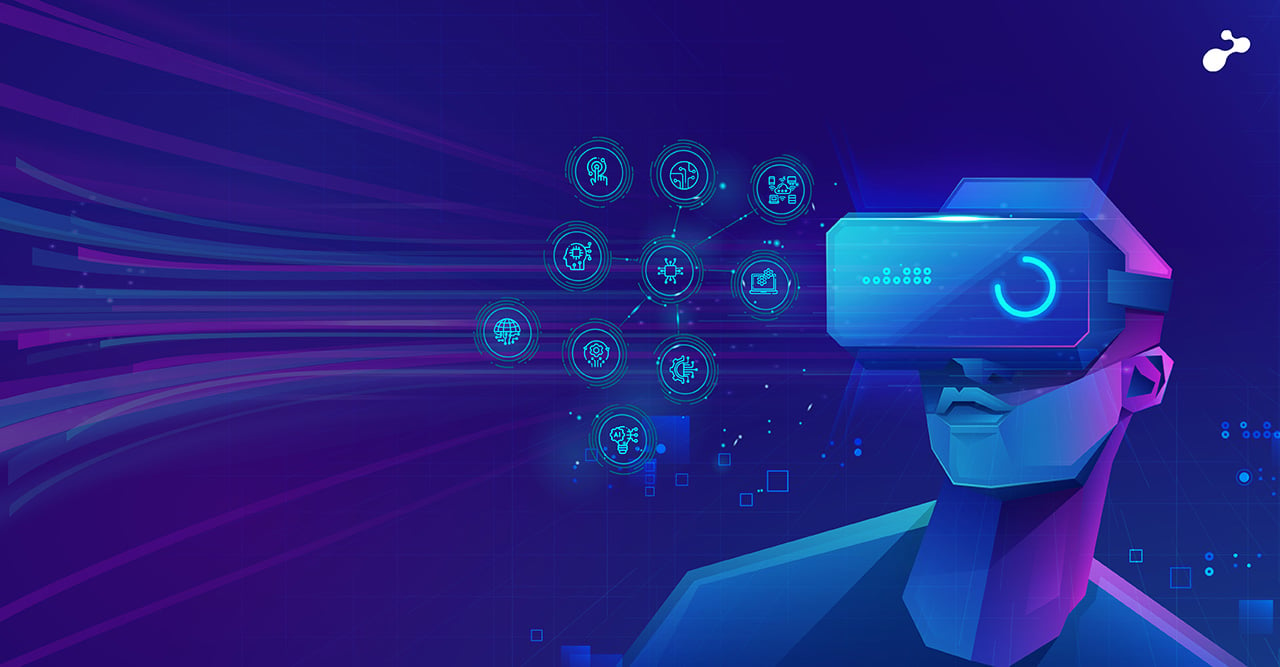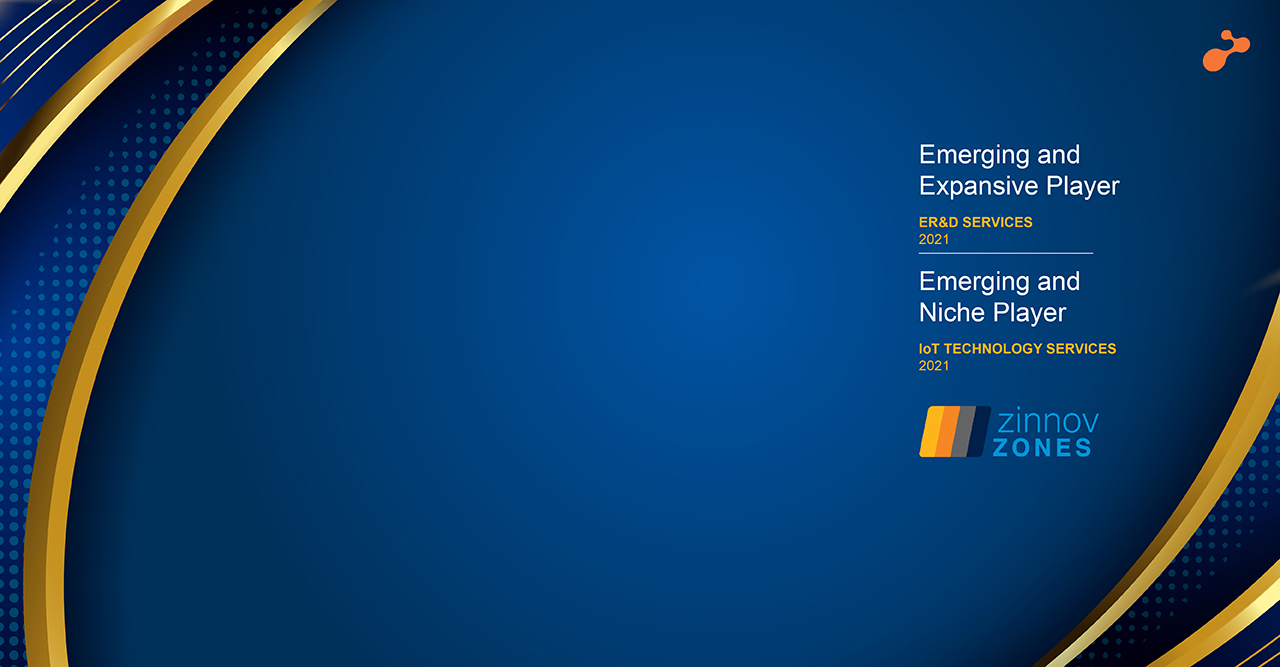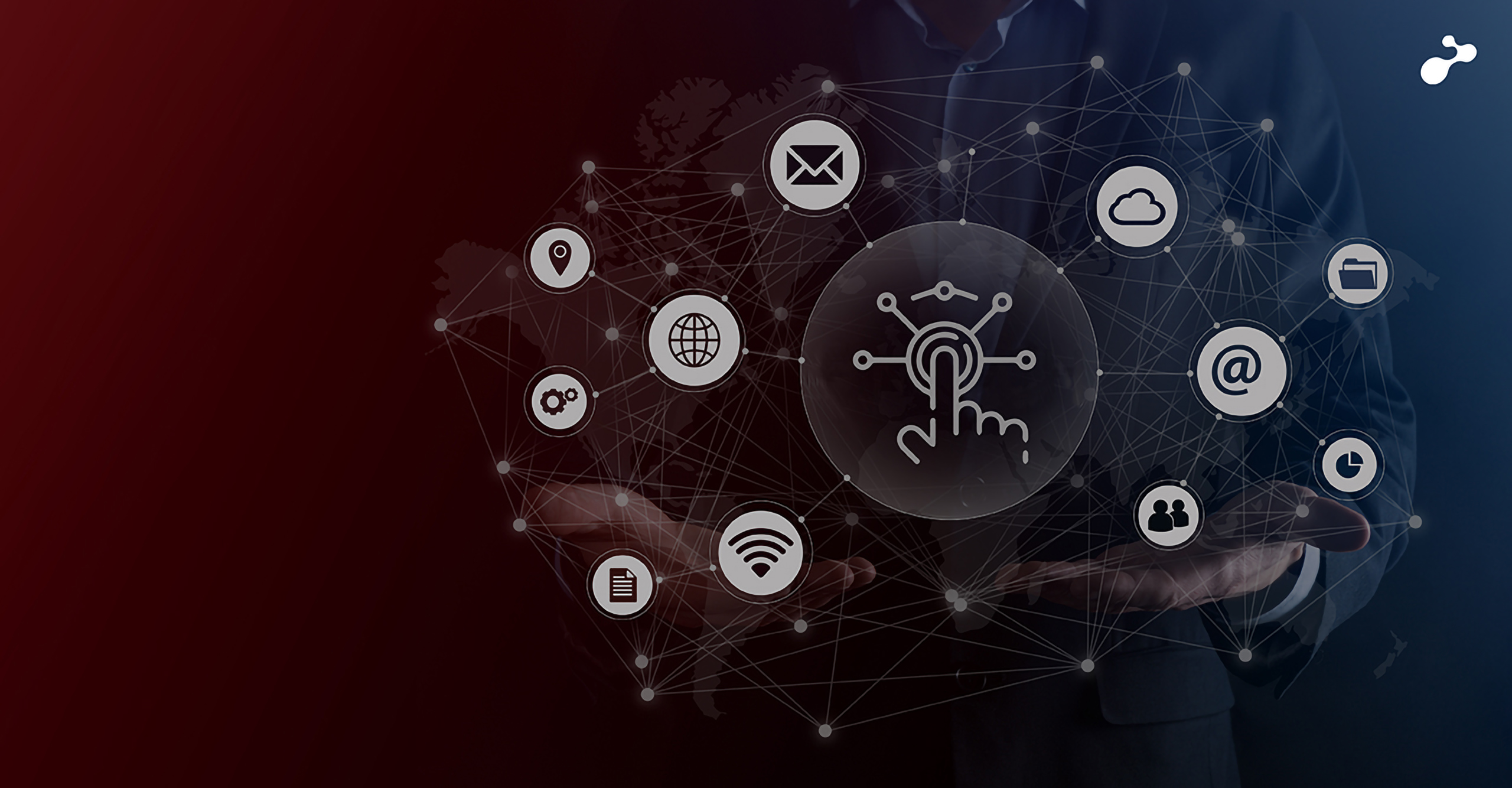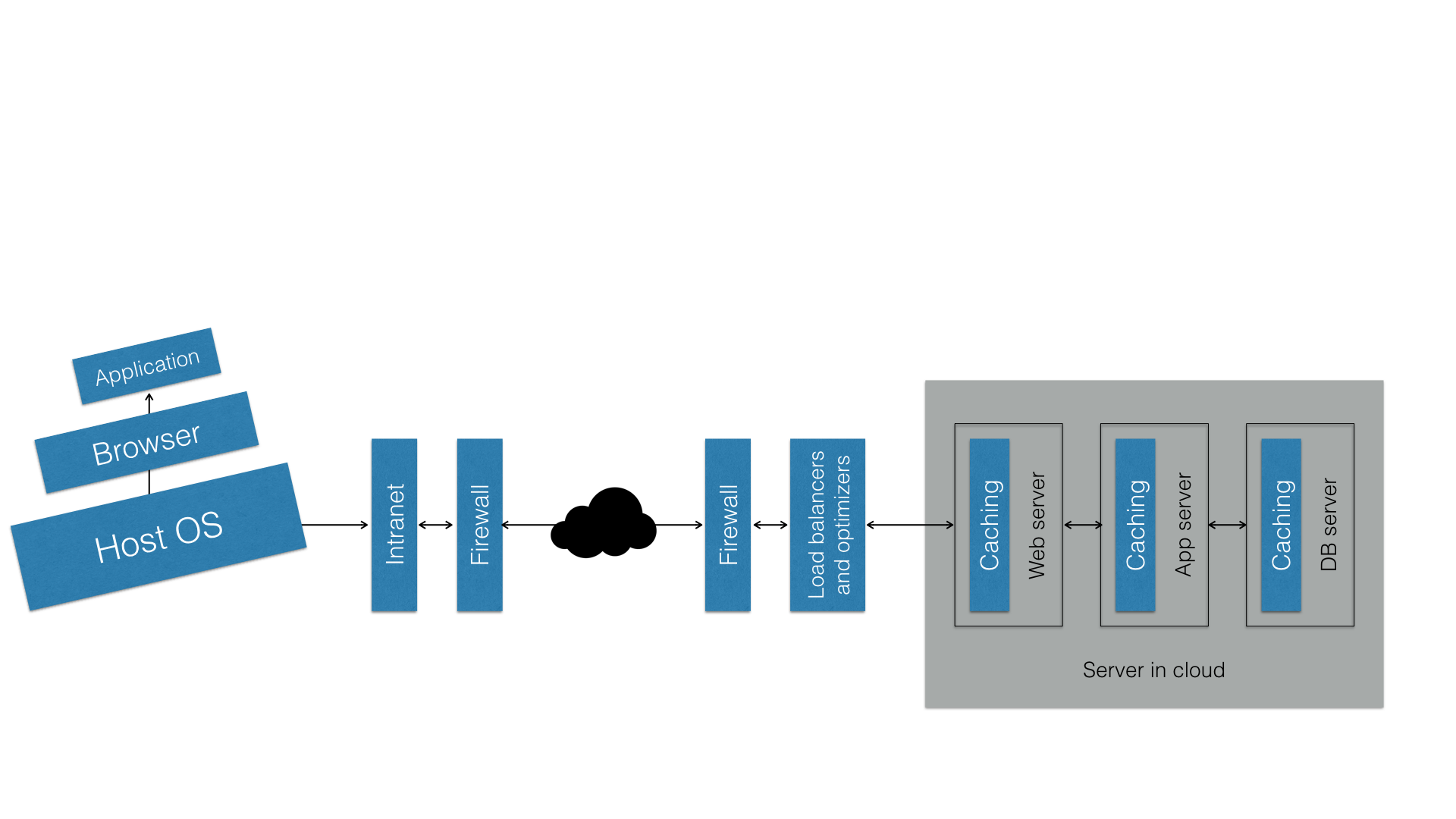From time immemorial, “action at a distance” has attracted humans. All combat related developments have focused on maximizing the destructive impact of action at a distance. All civil developments have focused on amplifying the action at a distance as much as minimizing human effort.
Internet of Things draws people not for data (and consequential analytics) alone, its consumer adoption is primarily driven by its ability to deliver action at a distance.
A consumer is attracted to a smart air conditioner not because it helps the manufacturer or the power supply company to know consumption patterns, but because it affords the consumer the ability to operate the air conditioner even when away from the unit.
A doctor finds a smart glucometer or heart monitor attractive not just because it collects the patient data at all times, but because it alerts the doctor at a distance when the patterns seriously deviate from the expected patterns, enabling the doctor to respond with immediate corrective measures even without a direct personal access to the patient.
Internet of Things will continue to evolve in many directions and with many motives. The consumer adoption and success of each will reflect the value addition to the consumer. There would be significant gains on the side lines as more and more touch points get smarter and share data with the net. A dispassionate digital persona of every user will emerge. And not too far in future, an Omni-present digital supervisor driven by complex, intersecting algorithms and pattern matching, extrapolating engines will infer likely next actions of individuals. Eventually setting off alarms, seriously compromising privacy.
A huge social impact will be a “universal” code of ethics that is essentially driven by the western thought. Western, just because the first detecting and predicting algorithms will be built by the Western society.
Smart personal calendars will evolve quickly. Calendars those are responsive to dynamic changes of previous days and the moment. Such calendars will be able to detect changes in schedules of all participants and pro-actively alert affected participants ahead of time.
One can already see glimpses of some such intelligence in Google mail (Google highlights some mails in your inbox after inspecting the subject and content!), or alerts given by Google+ about your expected next action (including messages like time to go to office or home!).
An example of an eco-system of first-level complexity could be when smart cars communicate with diesel / gasoline dispensing stations. The station would know how many of the regular consumer cars may need a refill in next 24 hours, their anticipated fill volumes and therefore how many litres of fuel the station must have. This estimation will consider the effect of cars that are out of station or have not moved in past few days etc. The station manager may then choose to send special rate offers to specific customers!
IoT is certain to impact the civilization as nothing has in human history. We must make sure that the negative impacts are minimal.

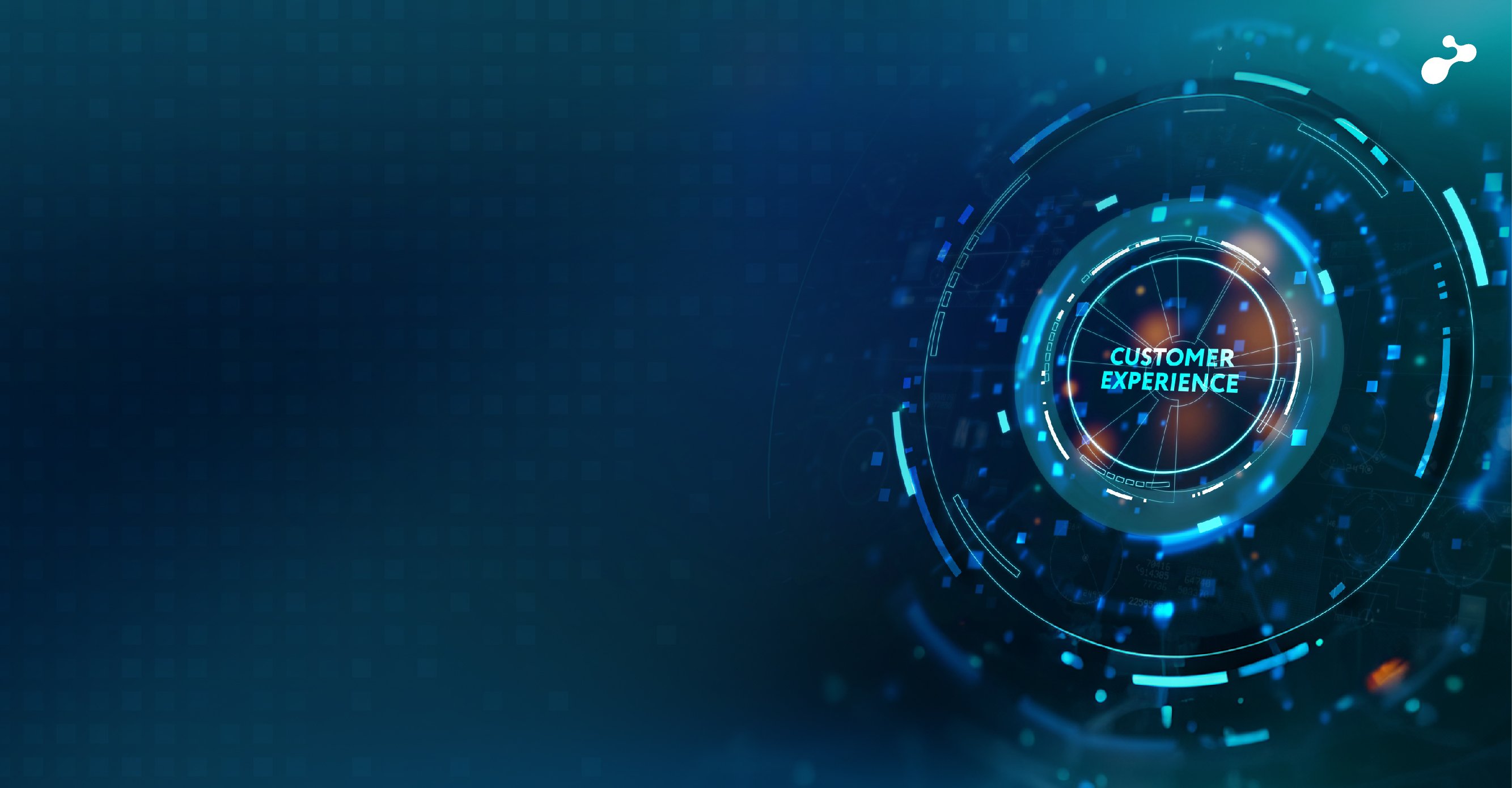
%20V5-05.jpg)
